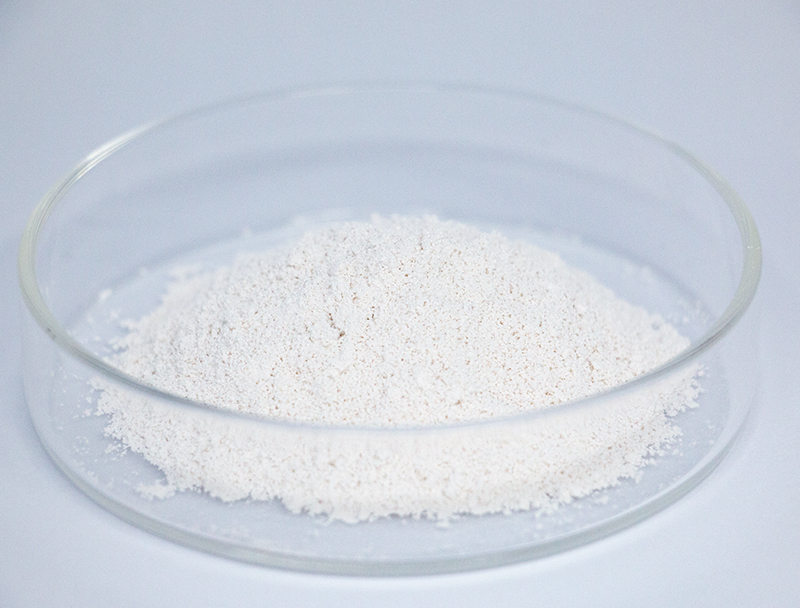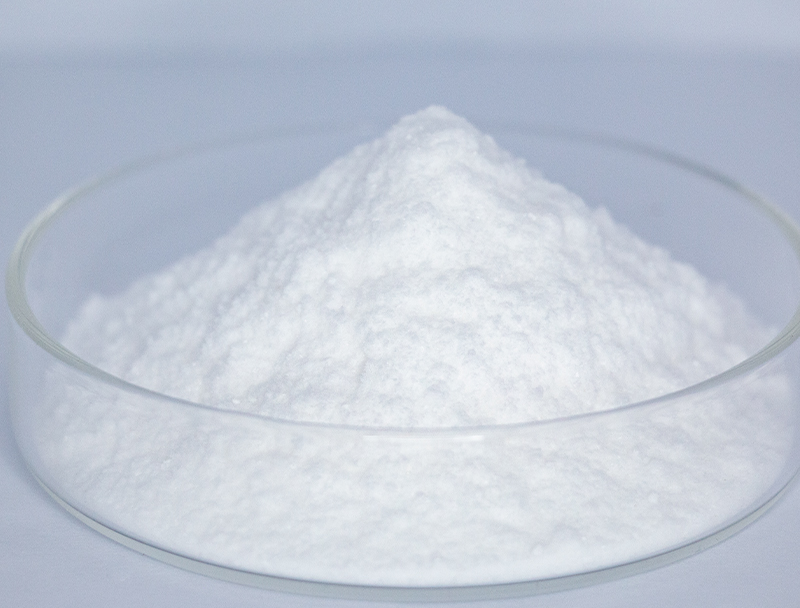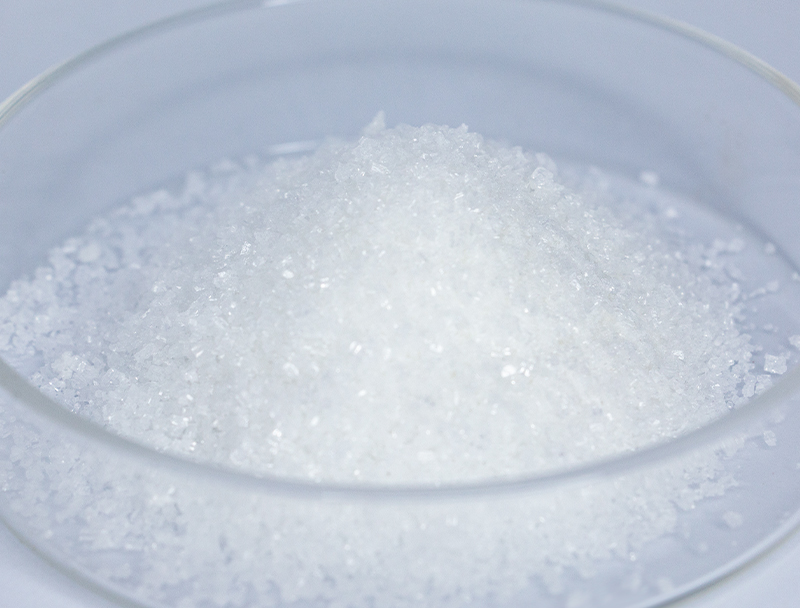
Advanced biosystems are built around a wide assortment of base components to supply inventive bioproducts.
Ensuring continuous ethical sourcing of resources is vital for future-proofing and moral progress in biomanufacturing.
numerous problems stemming from established sourcing methods such as soil erosion and unchecked resource extraction. Therefore, producers should prioritize ethical sourcing models to curtail ecological damage.
- Instances of green procurement approaches are:
- Adopting organic-origin materials from crop remnants
- Installing reclamation workflows to diminish waste and heighten recovery
- Building relationships with nearby vendors dedicated to moral sourcing
The transition to greener sourcing offers both planet-friendly outcomes and business advantages.
Improving Biomass Inputs to Boost Biofuel Yields
Optimizing biofuel yields depends strongly on feedstock quality and makeup. Analysts tirelessly probe advances to elevate feedstock conversion, delivering enhanced conversion and a more resilient energy mix. Efforts pair genetic enhancement for feedstock abundance with advanced pretreatment to produce usable sugars.
- Also, studies emphasize discovering resources such as seaweed, organic waste, and residual straw to diversify sustainable feedstock supplies for fuels.
- Owing to ongoing work the biofuel domain is primed to reach substantial milestones advancing renewable energy adoption.

Optimizing Early-Stage Biomanufacturing Processes
involves foundational activities from cultivation to biomass harvest Current advancements have streamlined operations and improved bioproduct yields.
Pivotal enhancements embrace high-performance cell lines, balanced media compositions, and intelligent reactor control systems. The improvements increase output while decreasing cost structures and sustainability impacts.
- In addition, momentum toward nonstop processing offers improved flexibility and optimized operational flow.
- This transition to advanced manufacturing techniques is set to transform the sector and accelerate therapeutic timelines.

Molecular Editing Strategies to Increase Bioproduct Output
progresses in gene editing technologies, such as CRISPR-Cas9, have revolutionized the production of biopharmaceuticals. By precisely targeting genes within host organisms, researchers can enhance the yield of valuable therapeutic proteins. This approach holds immense potential for developing more efficient and affordable biopharmaceuticals to address a wide range of diseases.
Using Microbial Systems for Site-Specific Remediation
cutting-edge microbial approaches that remediate contamination sustainably. Microbial communities can biotransform hazardous materials into lower-risk substances. Leveraging microbial biotransformation promotes sustainable remediation that curbs industrial environmental impacts.. Scientists evaluate varied microbes for potential to remediate metal contaminants, pesticide compounds, and oil-derived pollutants.. These microbes operate in engineered systems or direct environmental applications to metabolize and remove contaminants.
The use of microbial biotechnology in bioremediation offers several advantages over conventional methods. This method provides a low-cost, low-waste alternative to conventional remediation. Concurrently, these solutions provide focused remediation without widespread environmental harm. The field is rapidly refining methods to make microbial remediation more efficient and broadly effective.
The Role of Bioinformatics in Drug Discovery and Development
Digital bioinformatics methods are central to evolving therapeutic discovery processes. From identifying potential drug candidates to optimizing their efficacy and safety, bioinformatics enables a more efficient and data-driven approach.
- By parsing huge omics and clinical databases, bioinformaticians detect targets and estimate therapeutic responses.
- Additionally, simulation tools enable prediction of binding and activity, guiding creation of more potent drugs.
- Finally, data-driven informatics is changing drug development and hastening patient access to effective therapies.
Engineering Cellular Pathways for Improved Bioproduct Output
applies assorted techniques to boost microbial synthesis of valuable compounds. These strategies can involve genetic modifications to optimize metabolic pathways, regulation of gene expression, and the introduction of novel genes to confer new capabilities.. By calibrating pathway dynamics and expression levels teams can greatly amplify bioproduct yields.
This wide-ranging tactic can overhaul industries spanning medicine, agriculture, and energy production.

From Lab to Plant: Challenges and Opportunities in Biomanufacturing Scale-Up
Commercializing biopharma production involves significant constraints and promising benefits. Keeping consistent product performance at elevated volumes is a significant challenge. Addressing it demands strong process governance, accurate real-time analytics, and advanced measurement systems.

A further difficulty lies in process complexity, with many interdependent production phases.. Refining processes for commercial volumes demands deep R&D investment and novel engineering solutions.. Yet, the returns can be substantial. Successful scaling up can lead to increased access of life-saving therapies, reduced production costs, and enhanced profitability.
A series of measures are underway to confront these obstacles. These include the development of new technologies for process optimization, advanced analytics for real-time monitoring and control, and innovative manufacturing strategies.
- Innovation programs are essential to expand production competencies.
- Authorities are revising processes to enable faster clearance of manufacturing innovations and encourage progress.
Charting Regulatory Pathways for Biologics to Safeguard Patients
Bringing biologics to market involves rigorous regulation designed to protect patients and confirm therapeutic benefit. Biologics sourced from living systems pose distinct regulatory and manufacturing complexities versus small-molecule drugs.
Agencies such as the FDA in the United States and the EMA in Europe play a crucial role in establishing guidelines and standards for the approval of these innovative therapies..
Robust assay and safety testing are obligatory from discovery through post-marketing surveillance.. Such safeguards are intended to detect hazards and ensure therapeutics adhere to top-tier safety benchmarks..
In addition, regulatory entities adapt their frameworks to stay current with rapid research and technological developments.. Programs embrace modern technologies and foster development speed while maintaining patient-centered safeguards.

Harnessing Plant Feedstocks to Create Biodegradable Plastics
Increasing interest in sustainable materials spurs innovation in renewable resource development. Among these, bioplastics, produced from plant-derived biomass feedstocks, offer a promising avenue towards a greener future. Sources like cornstarch, cellulose fibers, and sugarcane biomass can transform into compostable plastics that decompose and reduce pollution.
Similarly, selected bioplastics offer analogous properties to traditional plastics suitable for many applications.. Ongoing R&D is essential to scale plant-based bioplastics and realize circular economic benefits.
Biotechnology's Impact on Global Health and Food Security
Biotechnology has emerged as a powerful tool with the potential to revolutionize global health and address food security challenges. With genetic tools, engineered biological systems, and regenerative cell approaches, experts craft interventions to manage diseases, enhance agriculture, and fortify nutrition.. Illustratively, crops altered for pest resistance and stress endurance support increased harvests and diminished pesticide usage.. Likewise, biotechnology enables new vaccines, novel therapeutics, and improved diagnostics essential to global disease mitigation and better health.. Going forward, advancements Calcium alpha-ketoglutarate in biotechnology are likely to yield interventions that improve health and advance sustainable food systems globally.
